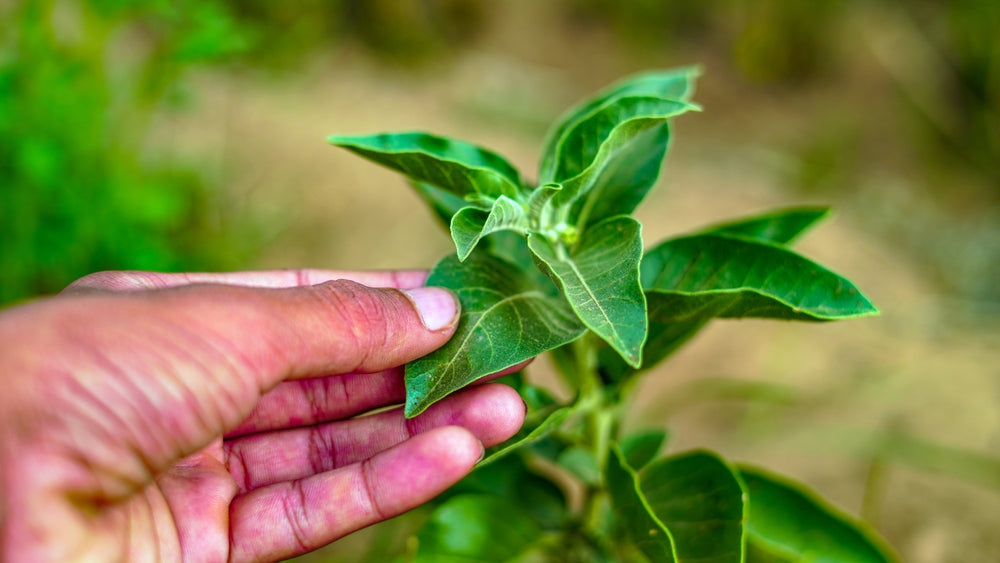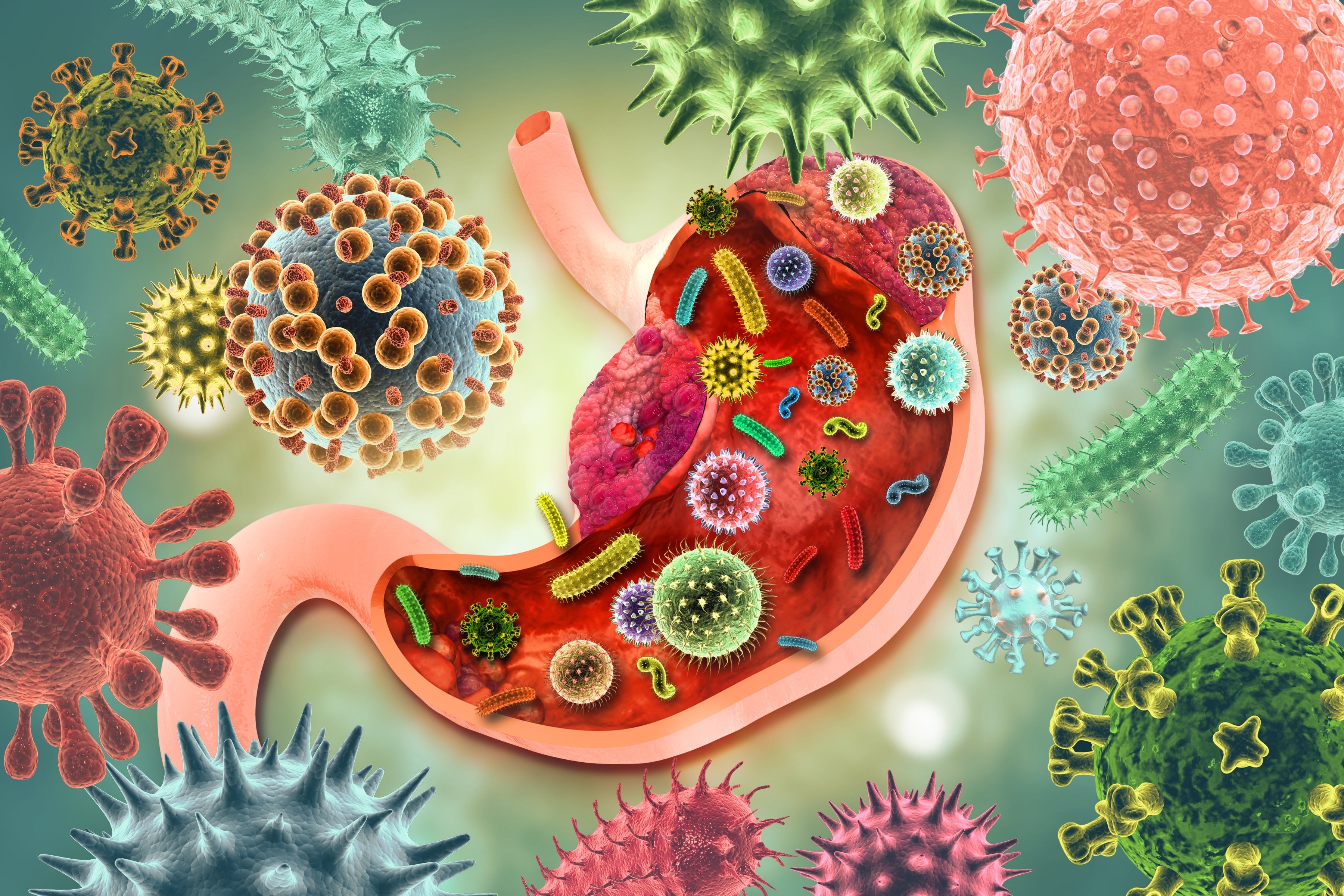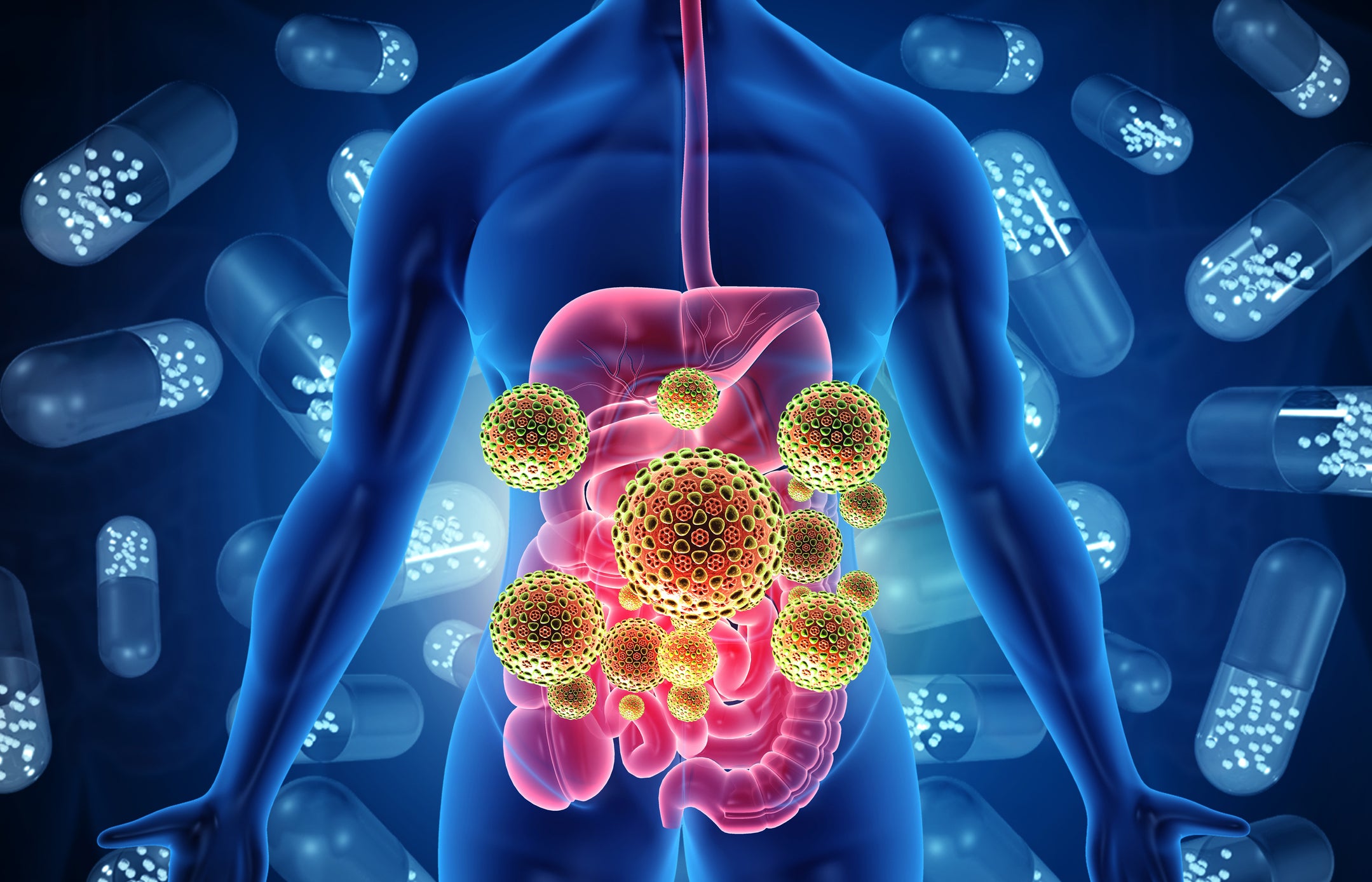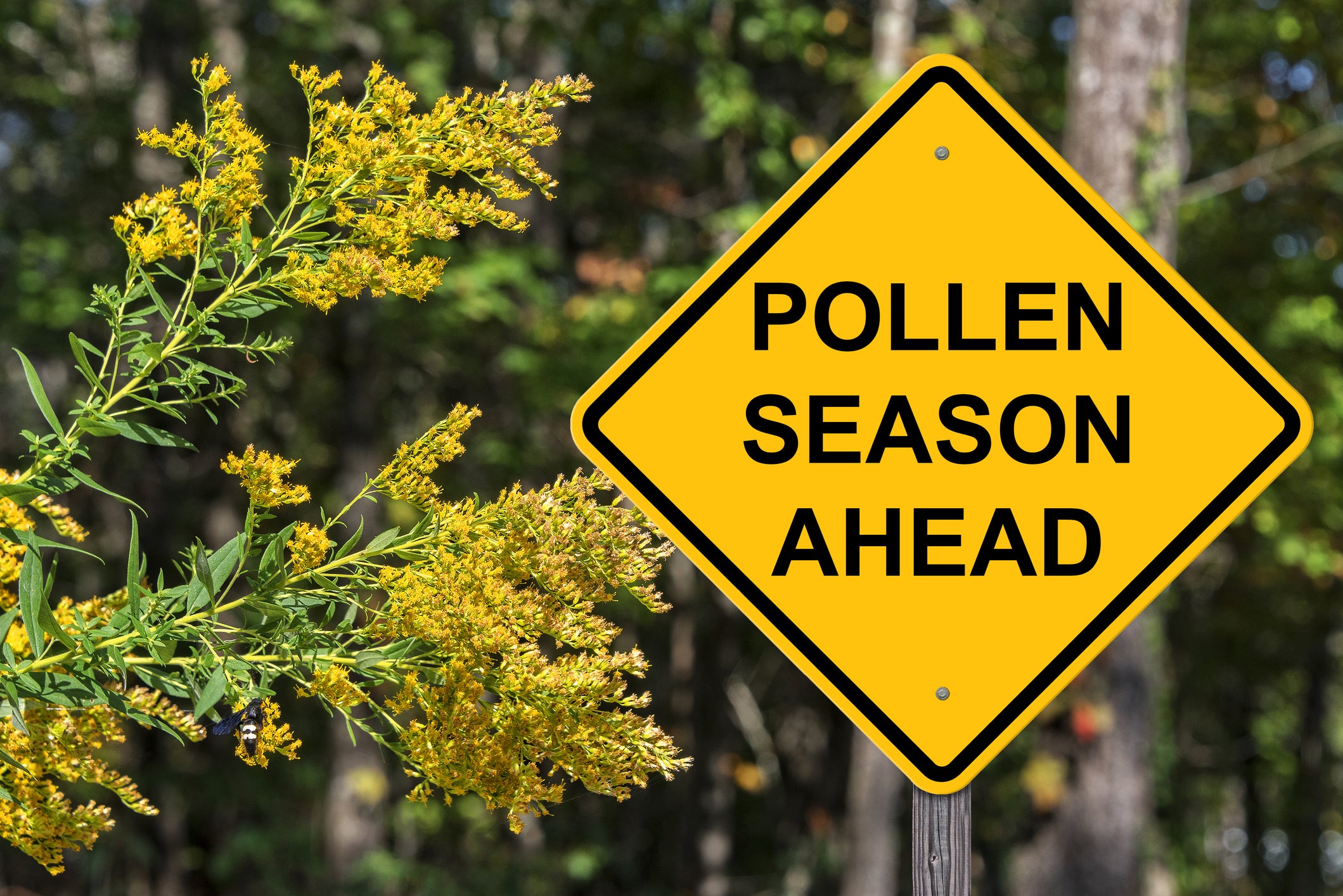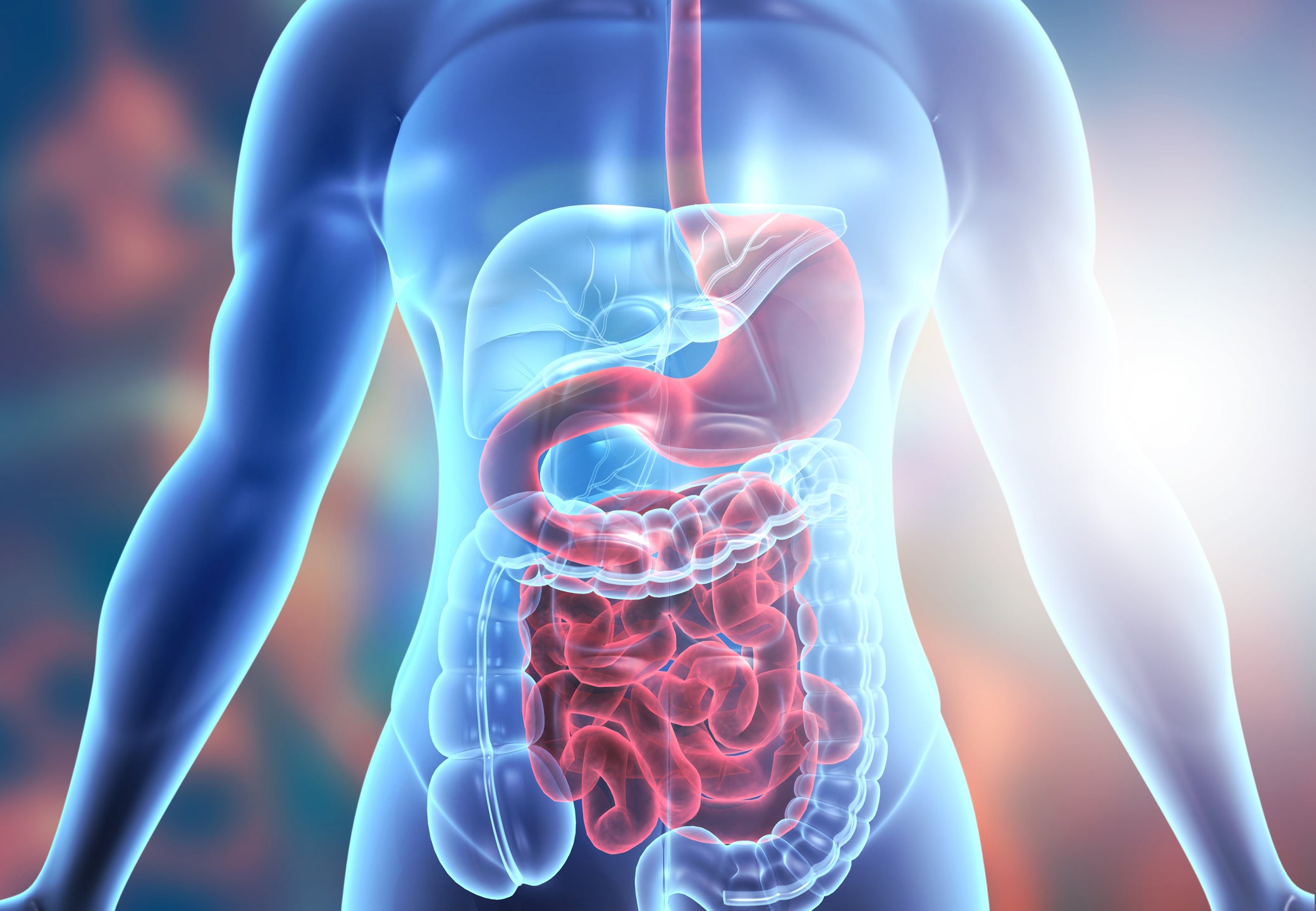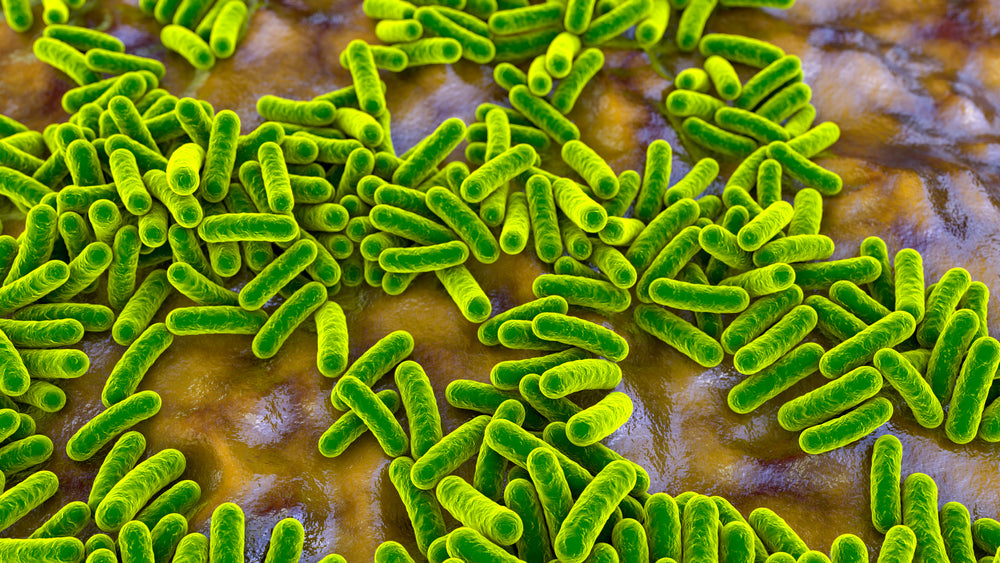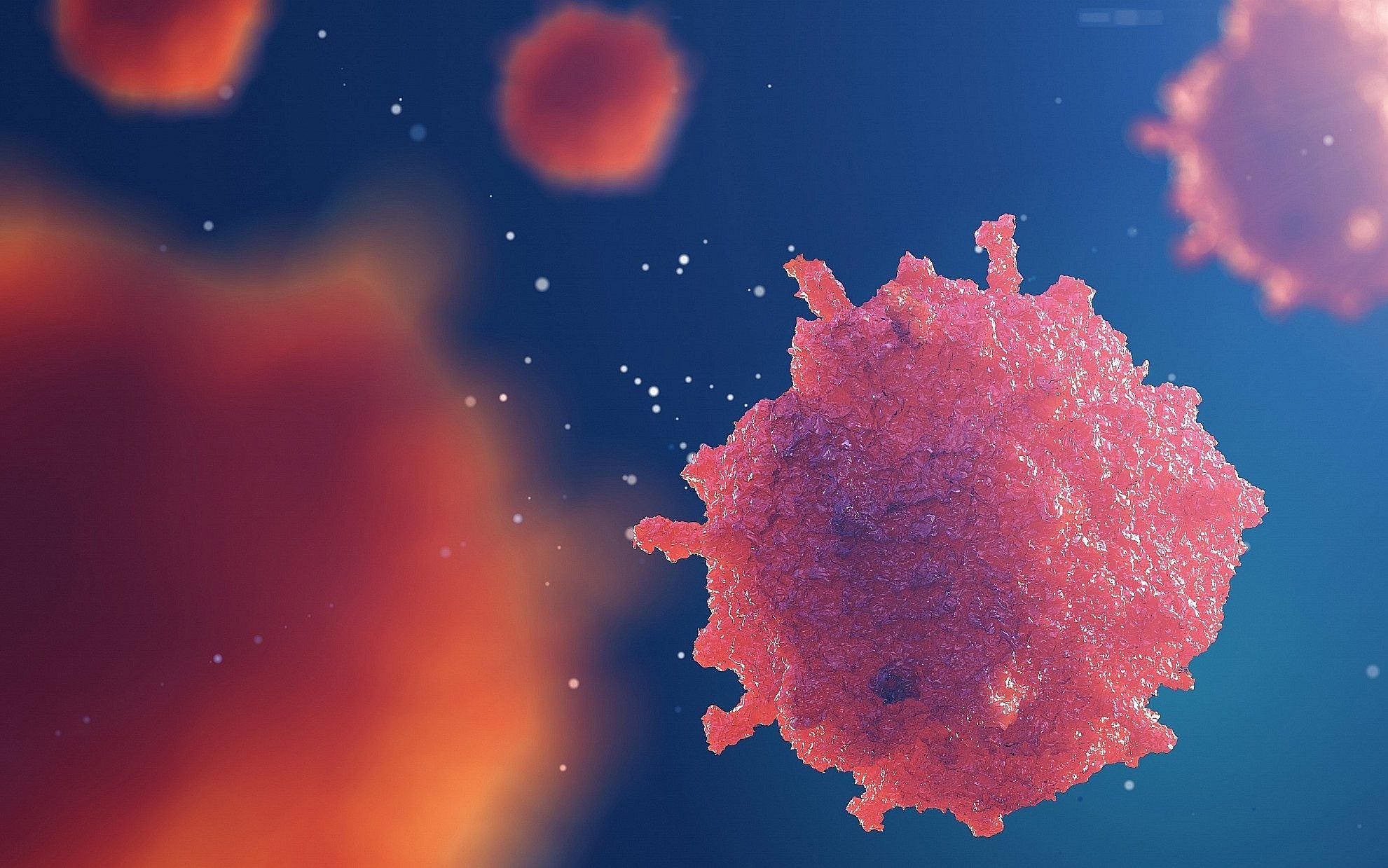As the future of our planet is becoming more and more a cause for concern, people are looking for ways to reduce the impact of climate change and work towards a more sustainable future.
At the forefront of our fight against climate change is the impact of animal-based foods on the environment. People are adopting a plant-based diet to not only benefit their health but the environment too. Research suggests it may just be the single best measure to reduce your impact on planet Earth.1
A shift towards a more plant-based diet shows great potential for mitigating climate change, here’s why:
Reduction in carbon footprint
Although we have more than enough meat and dairy to feed humankind, this is at the expense of the planet. What we eat contributes to our carbon footprint.
There is no denying that animal agriculture is one of the largest producers of greenhouse gases, with a contribution of 87%2, more than any car or van combined - a staggering figure that we should be shouting about more.
It is evident that we should be tackling animal agriculture just as much as we are targeting vehicle emissions and renewable energy sources. It is estimated that 32% of methane (one of the most potent greenhouse gases) comes from livestock digestion and waste.3
Animal husbandry is driven by the large demand for meat and dairy produce. Shifting towards a more plant-based diet and embracing protein alternatives will reduce the need for a high turnaround of livestock and potentially cut back on greenhouse gases, and thus fight climate change!
Land conservation
The use of land for livestock is a growing concern for many reasons. Approximately two-thirds of our land is dedicated to raising livestock for consumption.4
When you put it into perspective, we are essentially destroying existing habitats to be used as pastureland for animals that we only go and eat, animals that are not close to endangerment like many that are due to deforestation and loss of habitat.
Deforestation is also an issue when it comes to greenhouse gases. CO2 is a greenhouse gas that is absorbed by plants and trees, an increase in deforestation for land use has therefore led to a rise in the levels of CO2 in the atmosphere.
It has been said that we would require ~3.1 billion hectares less farmland if we were to reduce the consumption of animal products.1 Let that one sink in.
Water preservation
Farming uses large amounts of water, accounting for around 70% of freshwater use.5 Although livestock only makes up around 1.3% of total water use, the water needed to grow their feed increases consumption massively. Producing 1 kg of animal protein requires roughly 100 times more water than producing 1 kg of grain protein.6 And so, it is much more efficient and cost-effective to eat plant foods than animal foods.
There is also the degradation of freshwaters to consider. Excrement and fertiliser run-off from the land can pollute lakes and ponds with excess nutrients, causing eutrophication and acidity of the waters, which can be detrimental to water quality and the life that lives beneath.
A plant-based diet is not hard to come by. It is easier than you think to make small swaps that can have a huge impact. Head over to our blog post: 'Top Plant-based Food Swaps' to learn how you can shift toward a plant-based diet with ease.
References
- https://www.science.org/doi/10.1126/science.aaq0216
- https://climatehealers.org/wp-content/uploads/2021/04/JES-Rao.pdf
- https://www.unep.org/news-and-stories/story/methane-emissions-are-driving-climate-change-heres-how-reduce-them
- https://www.fao.org/sustainability/news/detail/en/c/1274219/
- https://www.fao.org/aquastat/en/overview/methodology/water-use
- https://academic.oup.com/ajcn/article/78/3/660S/4690010





